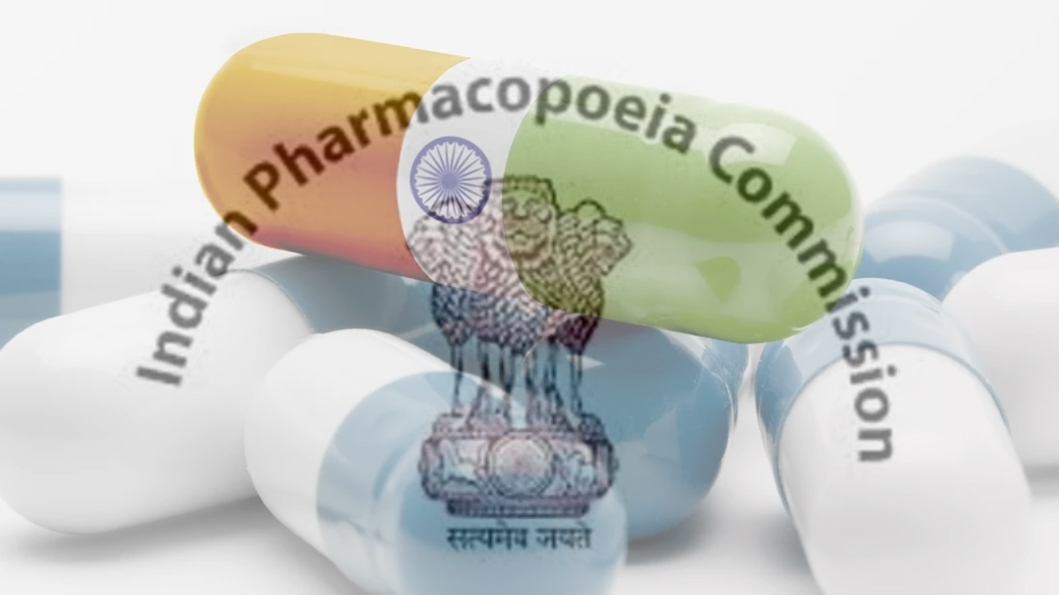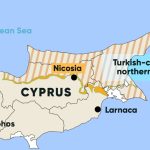When a country’s drug standards start shaping market access, regulatory trust and public-health cooperation abroad, pharmacopoeia (According to Merriam Webster, It means a book describing drugs, chemicals, and medicinal preparations, especially: one issued by an officially recognized authority and serving as a standard) becomes an instrument of statecraft. India’s journey with the Indian Pharmacopoeia (IP) and its steward, the Indian Pharmacopoeia Commission (IPC), shows how standard setting can serve diplomatic, trade and development goals at once.
From laboratory to diplomatic asset
How is IP a game changer?
The IP codifies quality standards for medicines sold in India under the Drugs and Cosmetics framework, giving regulators, courts and manufacturers a common benchmark. However, standard-setting does not stop at the border. When other countries accept the IP as a “book of standards,” Indian manufacturers face fewer duplicative tests, shorter lead times and lower costs for exports. It’s a classic non-tariff barrier that begins to fall. In December 2019, Afghanistan was the first country to recognize the IP formally. It was a signal that India’s drug standards could travel abroad and be trusted.
That initial win evolved into a pattern. By mid-2023, official communications noted five recognitions, including Afghanistan, Ghana, Nepal, Mauritius and Suriname. It spans South Asia, Africa, the Indian Ocean and the Caribbean. This geographic spread maps neatly onto New Delhi’s neighborhood, diaspora and Global South priorities.
Momentum also continued into Latin America. From February to March 2024, Nicaragua became the first Spanish-speaking nation to acknowledge Indian Pharmacopoeia standards through an MoU on medicines regulation, opening the door to broader IP acceptance in the region. Bhutan followed with an India–Bhutan MoU that, among other things, enables acceptance of the IP as a reference for medicines, aligning with India’s “Neighbourhood First” policy.
Crucially, IPC now consolidates these developments in periodic “IP Recognition” status notes. The latest update dated July 30, 2025, records continued expansion. At least seven countries now formally accept or reference the IP, including the five early recognizers plus Nicaragua and Bhutan, with active proposals pending elsewhere.
Countries choose different tools for foreign policy at different points in time depending on necessity. IP has become a new tool of Indian foreign policy in the 21st century. However, let’s understand how.
A seat at the global standards table
Diplomacy by standards works best when you help write the standards. In October 2023, the Pharmacopoeial Discussion Group (PDG) was formed by the European, Japanese and U.S. pharmacopoeias, with the WHO as an observer. The group admitted IPC as its fourth member after a one-year expansion pilot. That decision was announced in Hyderabad and confirmed by the PDG partners. It elevates India from “standards taker” to “standards maker,” strengthening global confidence in Indian quality norms and smoothing alignment with major markets over time.
The strategic dividend is two-fold. First, PDG membership accelerates harmonization of excipient monographs and general chapters, reducing technical friction for exporters. Second, it gives India agenda-setting leverage in future updates, embedding its development perspectives into global texts. Exactly the kind of norm entrepreneurship that amplifies foreign-policy influence without coercion.
India has also used convening power to mainstream these ideas. The WHO’s 15th International Meeting of World Pharmacopoeias (IMWP) was hosted in New Delhi on 6–7 February 2025, with IPC in the chair. It was another subtle but telling signal of India’s role in orchestrating global regulatory cooperation.
Health diplomacy meets economic statecraft
How does all this connect to India’s external agenda?
- Market access & trade facilitation
Recognition of the IP reduces retesting and documentation, easing entry for Indian generics, which is vital to India’s status as a top global supplier by volume. The Government has explicitly framed outreach to foreign regulators as part of its export strategy, and IPC’s own “Policymakers’ Forum” (June 2025) brought together delegations from 24 countries. It was co-organized with the Ministry of External Affairs to promote IP recognition and collaboration under flagship affordability schemes like PMBJP. This is “standards diplomacy” in action, aligning health equity with commercial opportunity.
- Neighbourhood First & regional stability.
Afghanistan’s early adoption, Nepal’s inclusion and Bhutan’s MoU link quality assurance with health-system resilience in South Asia. For Bhutan in particular, acceptance of the IP dovetails with affordable medicines supply, an international public good that strengthens goodwill and interdependence.
- Indian Ocean & diaspora bridges.
Mauritius and Suriname, both with deep Indian diaspora ties, underscore how cultural linkages can accelerate regulatory trust, while also extending India’s footprint into the African littoral and the Caribbean.
- Latin America outreach.
Nicaragua’s move establishes a foothold for IP in the Spanish-speaking world, offering a template for future engagement across Central and South America where procurement agencies value affordable, quality-assured generics.
- Normative leadership & South-South cooperation.
As a PDG member, India can push for texts that reflect realities of low- and middle-income settings (e.g., supply-chain robustness, risk-based testing, reliance pathways). It may extend its G20-era narrative of inclusive growth into the pharmaceutical rules domain.
- Crisis readiness & global health equity.
Expanding reliance on the IP, coupled with harmonized chapters, shortens the time from manufacture to patient across borders. It is an advantage in pandemics. Officials have repeatedly highlighted India’s vaccine and generics capacity as a global health asset; standard recognition turns that capacity into predictable access.
What success looks like and what’s next
India’s pharmacopoeial diplomacy has clear markers of success: more formal recognitions; routine regulatory cooperation; and a durable seat in global standard-setting. Yet challenges remain. Major developed markets still lean on their own pharmacopoeias (USP, Ph. Eur., JP), and wider IP acceptance will hinge on demonstrated equivalence, consistent quality signals and transparent post-market vigilance.
The strategic payoff
Seen through a geopolitical lens, the Indian Pharmacopoeia is an unusual but potent foreign policy and diplomatic tool. It unlocks markets without sounding mercantilist, delivers public goods without paternalism, and projects influence through competence rather than coercion. The road from Afghanistan’s first recognition in 2019 to a widening circle across Asia, Africa, the Caribbean and Latin America shows how technical trust can be cultivated.
India is turning standards into statecraft by anchoring pharmacopoeial work inside its foreign-policy architecture, backed by PDG membership, WHO-linked convenings and bilateral MoUs. The next phase is to universalize the habit of cooperation: more recognitions, more reliance, more harmonization. If done right, medicines will move faster, patients will be safer, and India’s credibility will compound, one monograph at a time.
Key sources:
Department of Commerce (Afghanistan recognition); IPC recognition updates; PDG/EDQM and USP releases (IPC membership); WHO IMWP (New Delhi 2025); PIB/Health Ministry (Policymakers’ Forum).
https://www.commerce.gov.in/press-releases/afghanistan-first-country-to-recognize-indian-pharmacopoeia-new-beginning-for-indian-pharmaceuticals-and-standards/?utm “Afghanistan First Country To Recognize Indian …”
“Recognition of the Indian Pharmacopoeia (IP-2022) by …”
“14th International Meeting of the World Pharmacopoeias”
“Nicaragua Becomes First Spanish-Speaking Nation to …”
“Nicaragua becomes first Spanish speaking country … – DD India”
State visit of Prime Minister Shri Narendra Modi to Bhutan”
https://www.ipc.gov.in/images/16._IPC_Update_July_30_2025.pdf?utm
“IPC Updates”
“Pharmacopoeial Discussion Group welcomes Indian …”
“Pharmacopoeial Discussion Group welcomes Indian …”
“IPC Updates – IP Online – Indian Pharmacopoeia Commission”
“New Delhi, India | 6- 7 February 2025”
https://www.pib.gov.in/PressReleasePage.aspx?PRID=2136620&utm
“Union Minister of State for Health & Family Welfare and …”




